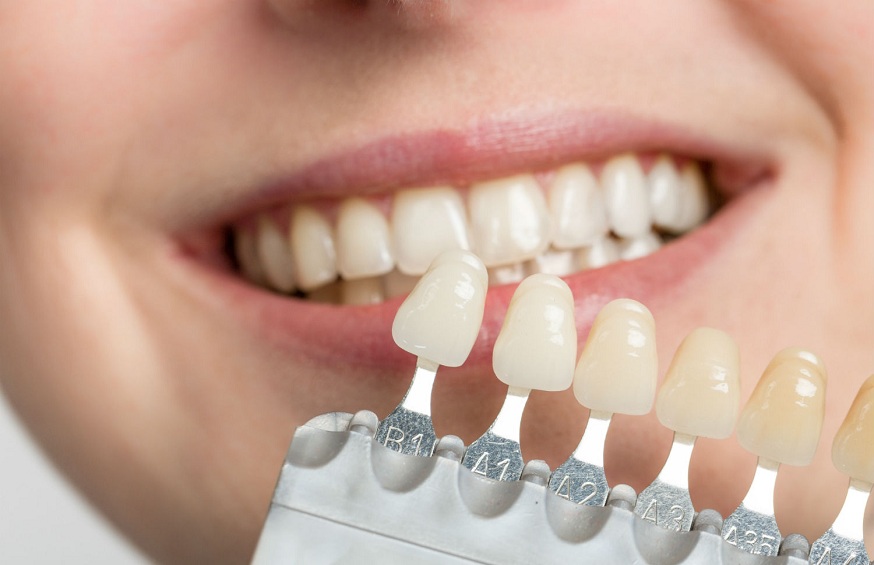Dental veneers are an excellent cosmetic dentistry treatment option. If you are a candidate for the procedures, the apparent subsequent inquiry is how much it will cost. The price varies significantly depending on the number of teeth affected.
The general state of one’s dental health is also one of the associated components. If a person’s dental health is good, the overall cost of porcelain veneers will be far lower than if they have extensive tooth decay, gum disease, or other health issues. This is because these issues will very probably need to be addressed before veneers are considered. This will take time and may be expensive.
Because dental veneers are often considered elective, they are frequently not covered by insurance. Cost is also affected by the following factors:
Material – Composites are frequently less expensive than porcelain ones.
The type of veneer – Veneers that require less preparation, such as Lumineers, are less expensive than standard veneers. Traditional veneers, on the other hand, will stay longer.
Large urban practices will often charge more than smaller towns. This is due to a variety of variables, the most common of which is that overhead in metropolitan regions is greater across the board. Therefore the coverage porcelain veneers cost must be passed on to the consumer.
The fees charged by the lab that fabricates the veneers will vary greatly.
Composite veneers range in price from $250 to $1500 on a national scale. The typical cost of porcelain veneers per tooth varies from $925 to $2500. Traditional veneers typically last 10 to 15 years, although composite veneers may last 5 to 7 years. Lumineers veneers are put without shaving enamel and are very thin,.2 to.3 mm in thickness. The average cost per tooth is between $700 and $1300.
Aside from the cosmetic dental work, there may be an upfront price for the initial consultation as well as x-rays. These fees might range from $15 and $150. Dental offices can frequently finance treatments or have an agreement with a third-party financing organization, such as Care Credit.
The good news is that dental veneers do not require any extra care. People who are around them should brush and floss as usual. Your dentist may advise you to avoid stain-causing foods and beverages such as coffee, tea, and red wine.
Bondings and crowns are two alternatives to veneers. Veneers may be a good option for people who want to change the shape of their teeth more than just minimally, as bonding does.

